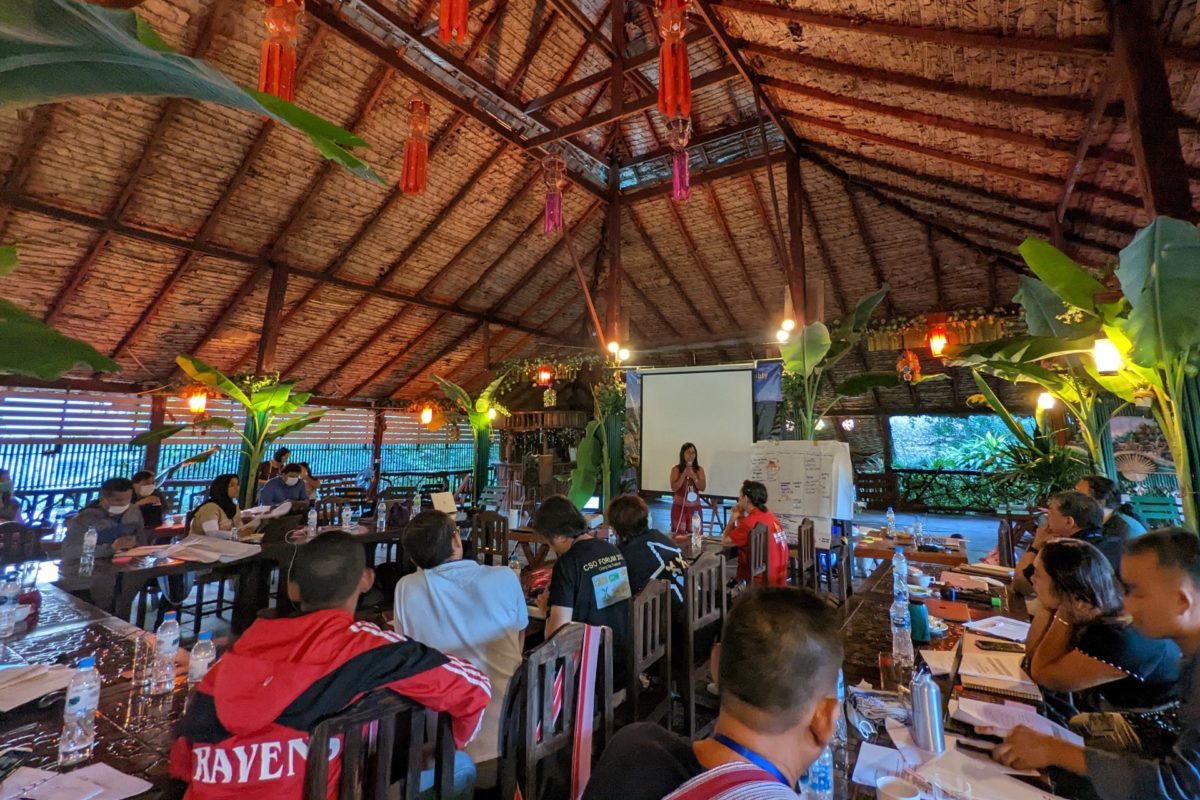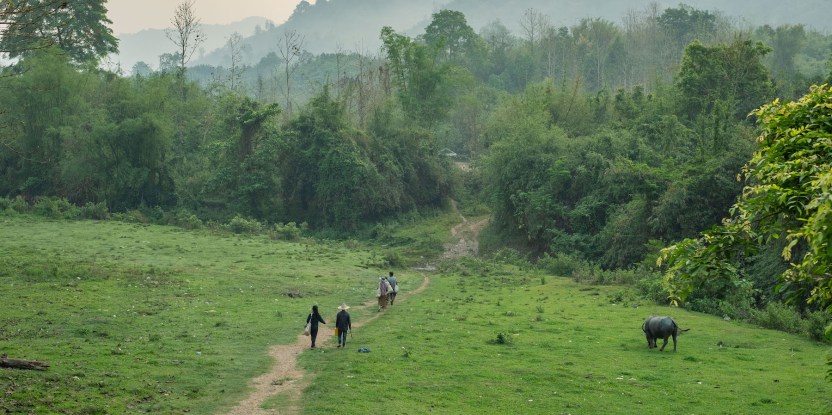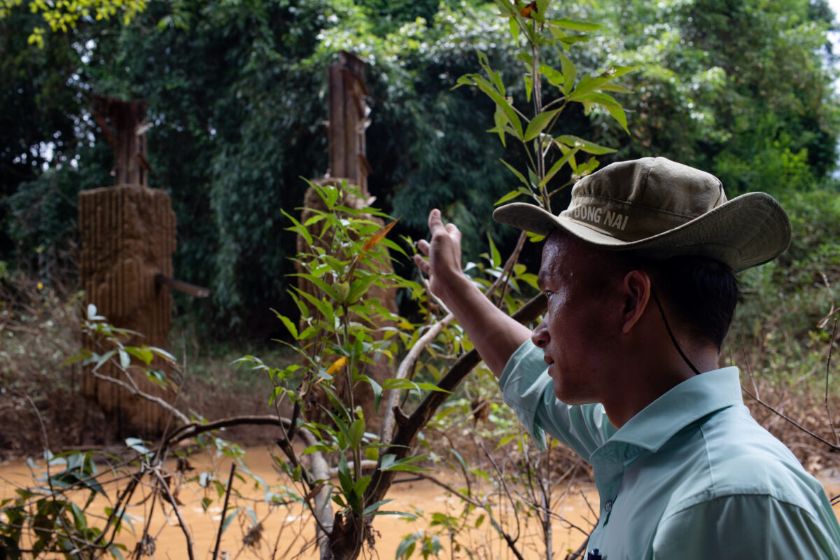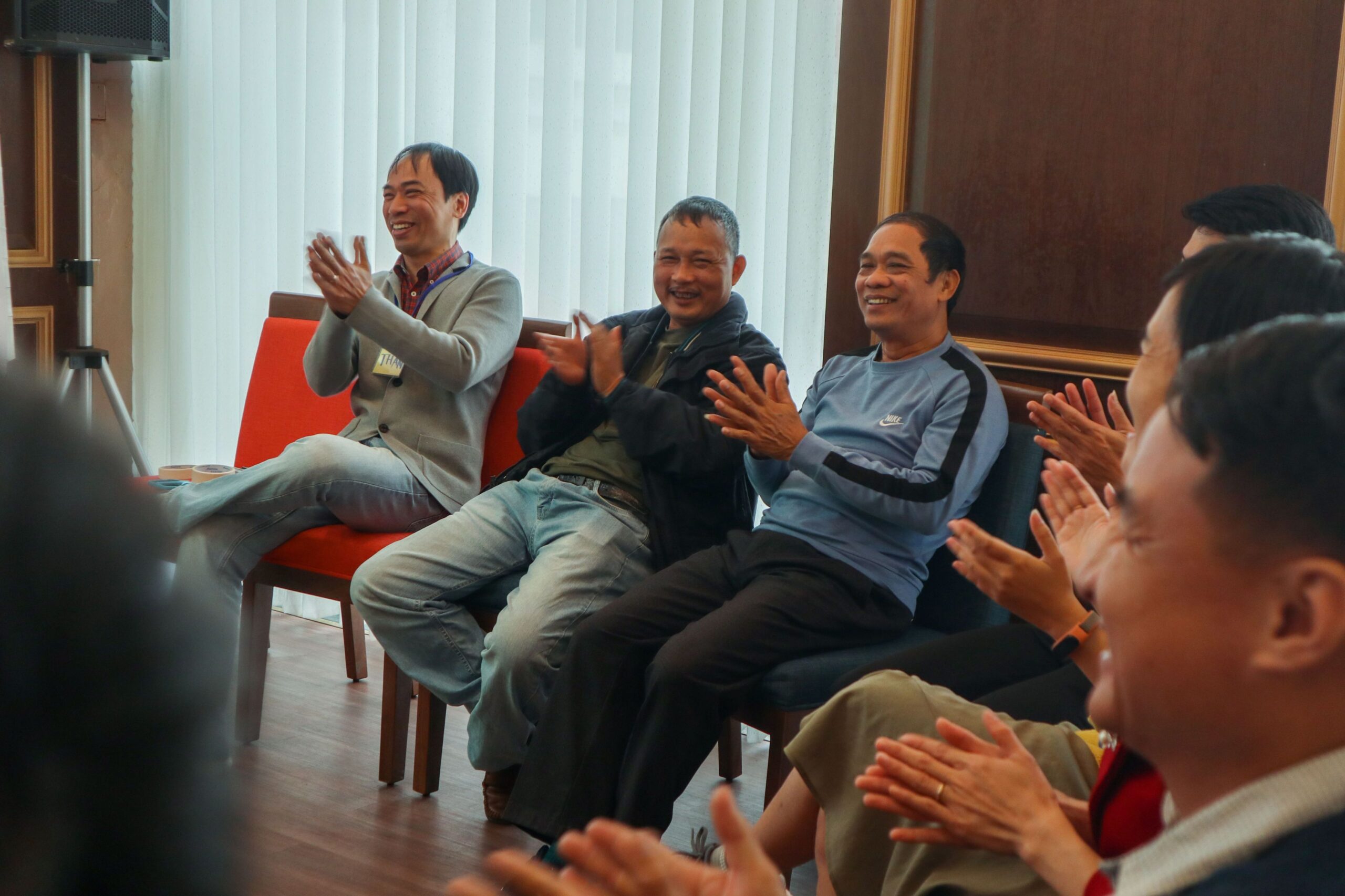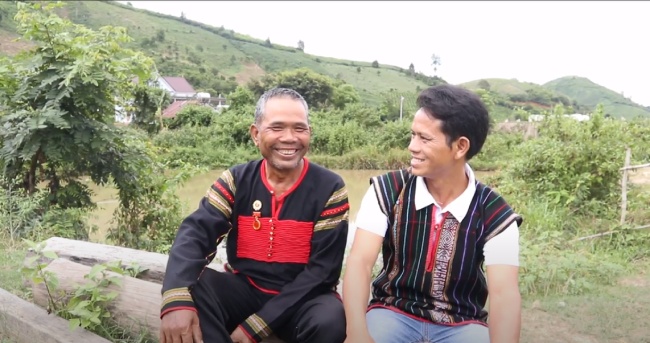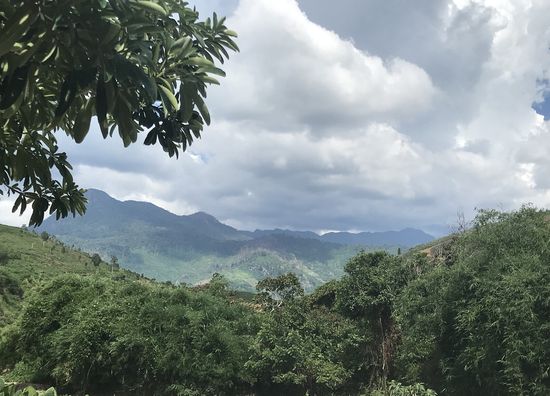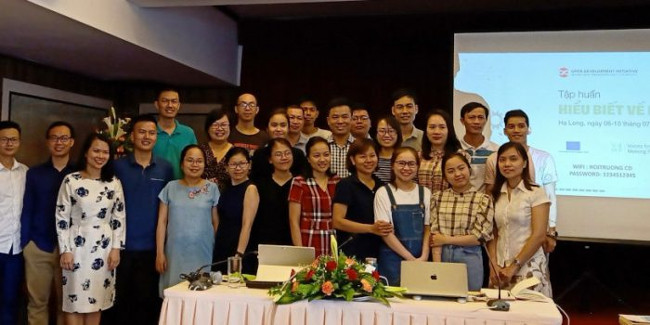ICCA Consortium Southeast Asia meets in person for the 4th regional assembly
After two years of online-only meetings, the ICCA Consortium Southeast Asia Regional Assembly gathered in Chiang Mai, Thailand, in October. PanNature's Executive Director attended and contributed to the meeting.

